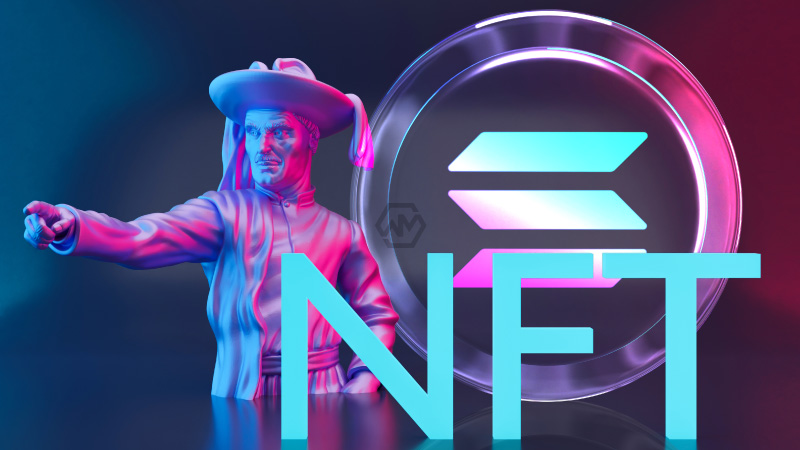State compression is a cutting-edge technology created by the Solana Foundation and Metaplex that uses Merkle trees to reduce the cost of NFT storage in the Solana blockchain. Jon Wong claims that the new technique will reduce the cost of storing 100,000,000,000 NFTs from 1,200 SOL (about $24,000) to just 4 SOL (around $103).
On massive Web3 experiences, Solana has argued for lower petrol prices, faster transaction times, and less environmental damage. The most recent developments have helped make Web3 projects more affordable.
Solana’s NFT Minting
Jon Wong claims that the state compression solution was developed by Solana Labs and Metaplex developers after they looked into more effective ways to create gasless capabilities on the blockchain.
The solution is expected to help those who facilitate airdrops and the developers of Web 3 games because they believe it to be expensive to create on-chain digital assets.
- New technique will reduce the cost of storing 100,000,000,000 NFTs from 1,200 SOL to just 4 SOL.
- The solution is expected to help those who facilitate airdrops and the developers of Web 3 games.
- The NFTs produced by the compression mode resemble standard NFTs.
One of the blockchains that enable on-chain NFT storage is Solana by assigning each NFT a special ID. Once customers buy an on-chain NFT, Wong claims they have to make up for each stored byte.
Through the use of the Merkle tree data structure, compression breaks down large amounts of data into tiny components known as fingerprints.
As a result, only the compressed data version is kept on-chain, while the rest is kept off-chain and retrieved through RPC facilitators. Values on the chain are impacted by off-chain changes.
All types of on-chain data can apply for state compression; however, its first use case is compressed NFT. The NFTs produced by the compression mode resemble standard NFTs. The price of minting is the only distinction.
The Solana main net hasn’t used the technology in a while because there weren’t any RPC facilitators available to handle the inquiries. Wong asserts that this marks the completion of the circle. Everyone is invited to transfer or create NFTs in an unheard-of manner, according to Wong.



